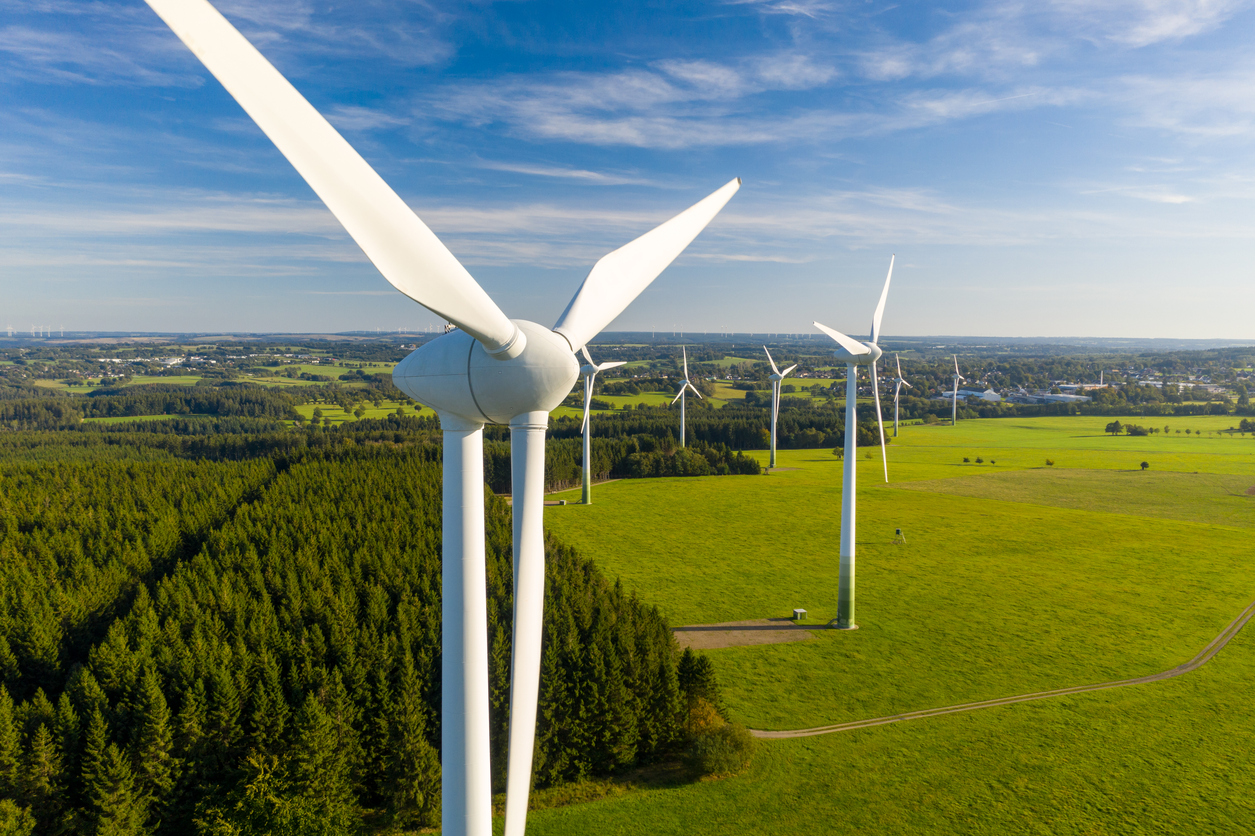UK-Norway Partnership to Accelerate Clean Energy Transition in North Sea
Key Ideas
- UK and Norway join forces to drive investment in offshore wind and green hydrogen, aiming to become leaders in the green energy transition.
- The partnership focuses on creating renewable energy infrastructure in the North Sea, potentially powering over 120 million homes by 2030 and generating 51,000 new jobs.
- By investing in clean energy sources, both countries aim to enhance energy security, reduce dependency on fossil fuels, and stimulate economic growth.
- The agreement not only benefits the environment and energy sector but also supports economic development through the creation of clean energy jobs and new green industries.
The United Kingdom and Norway have entered into a significant partnership to expedite the shift towards clean energy, promote investments, and bolster job creation. This initiative is part of the broader UK-Norway Strategic Partnership, focusing on seizing renewable energy opportunities in the North Sea to solidify their positions as pioneers in the green energy transition.
A core component of this collaboration is the emphasis on investing in offshore wind and green hydrogen projects, forming the basis of the new Green Industrial Partnership. The North Sea is envisioned to play a crucial role in this endeavor, with plans for joint efforts in developing large-scale renewable energy infrastructure. This includes activities such as grid expansion, safeguarding offshore installations, and overcoming obstacles to establish a cross-border carbon dioxide storage hub.
By harnessing the potential to power millions of homes through offshore wind by 2030, the North Sea could emerge as a renewable energy powerhouse. Projections suggest that closer cooperation between the UK and Norway could lead to the creation of 51,000 new jobs, cost savings on household energy bills, and a significant injection of up to £36 billion into the UK economy.
This partnership arrives at a time when energy security has become a critical concern for Europe. By investing in locally produced clean energy sources, both nations aspire to diminish reliance on volatile fossil fuel markets. Furthermore, the agreement aligns with the UK Government's ambition to establish itself as a clean energy leader and alleviate household energy expenses.
Part of the pact involves exploring the potential to utilize the substantial carbon storage capacity under the UK's seabed, which could play a pivotal role in Europe's broader emissions reduction efforts and climate objectives.
Apart from its environmental and energy security merits, the partnership is anticipated to yield notable economic benefits. By leveraging innovation, infrastructure, and industrial capabilities, the UK and Norway aim to foster the creation of numerous clean energy jobs and promote the growth of new green sectors. Leading Norwegian and British companies, including Equinor, Statkraft, Fred Olsen, and Vårgrønn, are already deeply involved in UK renewable ventures, spanning offshore wind, carbon capture and storage, and hydrogen production.
This energy partnership extends the longstanding collaboration between the UK and Norway in the energy realm and contributes to a broader Strategic Partnership encompassing various domains such as defence, trade, climate change, and security. With shared ambitions in climate diplomacy and environmental conservation, both nations are diligently working towards fulfilling the Paris Agreement and advancing global sustainability.
The clean energy collaboration mirrors the UK's 'Plan for Change,' which aims to position the country as a center for renewable innovation, job generation, and climate stewardship. With the increasing momentum behind the green transition, reinforced cooperation between the UK and Norway could establish a new benchmark for international cooperation in the renewable energy sector.
Topics
Investing
Renewable Energy
Energy Security
Job Creation
Offshore Wind
International Collaboration
Economic Growth
Green Industry
Carbon Storage
Latest News
